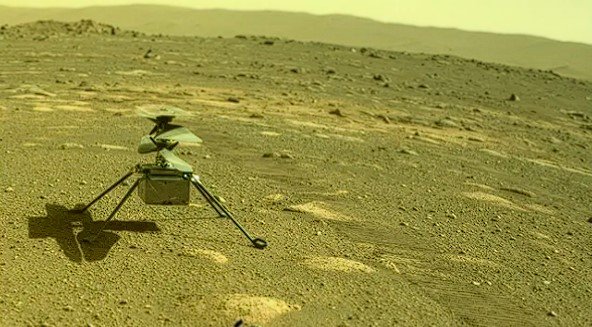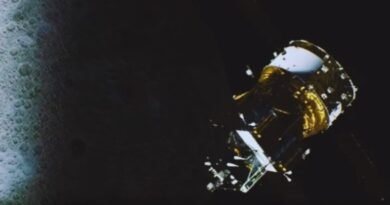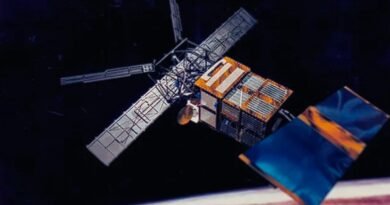India’s Next Mars Mission Set to Include Helicopter

India’s ambitious plans to include a helicopter on its upcoming Mars mission, signal a significant stride forward in space exploration capabilities and excitement for discoveries on the Red Planet.
India is gearing up for its inaugural Mars surface mission, expected to launch in the early 2030s. A highlight of this mission could be the inclusion of a helicopter, drawing inspiration from NASA’s groundbreaking Ingenuity drone.
The Indian Space Research Organisation (ISRO) is currently developing this concept, aiming for it to accompany an Indian Mars lander sometime around the commencement of the 2030s.
India’s initial venture to the Red Planet, the Mars Orbiter Mission (MOM), affectionately dubbed “Mangalyaan,” was launched in November 2013 and successfully entered Mars’ orbit in September 2014. After eight years of conducting scientific observations, communication with MOM was lost in 2022.
ISRO’s upcoming Mars mission aims to push boundaries further. Jayadev Pradeep, a scientist at the Space Physics Laboratory, Vikram Sarabhai Space Centre, revealed in a recent webinar that the proposed Mars landing mission will feature a helicopter equipped with a range of scientific instruments for aerial exploration, as reported by India Today.
Planned payloads for the drone include sensors to measure temperature, humidity, pressure, wind speed, and electric fields, as well as trace species and dust distribution in the Martian atmosphere.
The aerial vehicle is expected to soar up to 328 feet (100 meters) above the Martian surface to study the planet’s atmosphere. By comparison, Ingenuity, during its impressive flights on Mars, reached altitudes of up to 79 ft (24 m) and covered 10.5 miles (17 kilometers) of horizontal distance before being retired due to rotor-blade damage in January 2024.
India’s ambitious mission draws inspiration from NASA’s Ingenuity, which accompanied the Perseverance rover to Mars’ Jezero Crater in February 2021, proving the feasibility of flight in the thin Martian atmosphere and surpassing expectations with 72 successful flights.
India isn’t alone in taking cues from NASA’s achievements. China, too, is exploring concepts for Mars drones, with potential applications in its planned Mars sample return mission.








